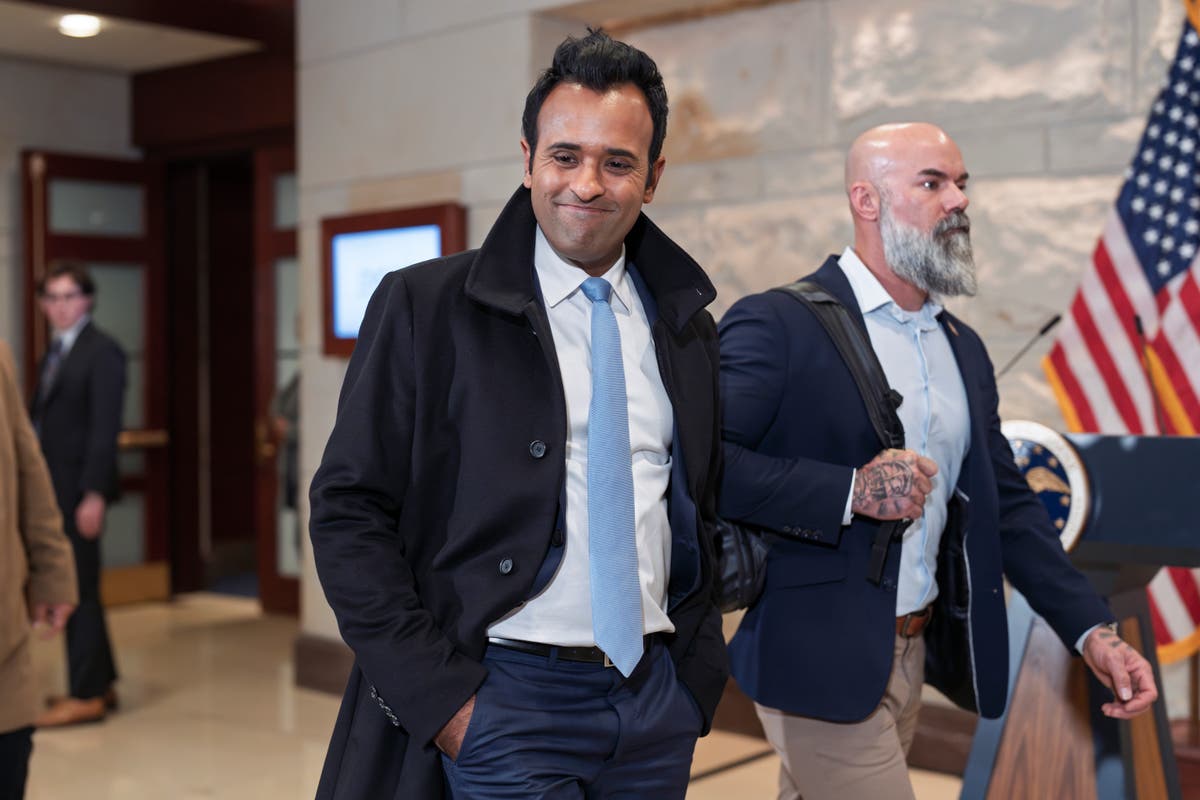CNN
—
Early indications suggest a Russian anti-aircraft system may have downed an Azerbaijan Airlines jet, a US official told CNN as Azerbaijan held a day of mourning for the dozens of victims of the disaster.
The signs point to a Russian system striking Azerbaijan Airlines flight J2-8243 before it crashed near Aktau, Kazakhstan, the US official said Thursday.
This is the first time the US has offered an assessment of Wednesday’s crash of the passenger jet that killed at least 38 of the 67 people on board.
If the early indications are ultimately confirmed, it may be a case of mistaken identity, the US official said, where poorly trained Russian units have fired negligently against Ukraine’s use of drones.
Officials from Azerbaijan, Kazakhstan and Russia, three countries linked to the disaster, urged people not to speculate about the crash until investigations have concluded.
Here’s what we know about the crash so far.
The Azerbaijan Airlines flight was traveling from the Azerbaijani capital Baku to Grozny, the capital city of the southern Russian republic Chechnya before it made an emergency landing approximately 3 kilometers (1.8 miles) from Aktau, Kazakhstan, the carrier said on Wednesday.
Russian state media reported that the plane was rerouted due to heavy fog in Grozny.
According to flight-tracking website Flightradar24, the plane set off on Wednesday at 7:55 a.m. Azerbaijan Standard Time (10:55 p.m. Tuesday ET) and crashed at 10:28 a.m. Azerbaijan Standard Time (1:28 a.m. Wednesday ET).
Officials did not immediately explain why the plane had crossed the Caspian Sea, when Baku and Grozny are to its west and Aktau is to its east.
Kazakhstan’s Minister of Transport, Marat Karabayev, said Thursday that a Kazakh control center received a signal from Russia around 45 minutes before the plane crashed, saying that the flight was being diverted.
The Russian dispatcher said that the aircraft was experiencing a failure in its control systems, and that the crew decided to fly to Aktau after receiving reports of bad weather, Karabayev said. The dispatcher later said that an “oxygen tank exploded in the passenger cabin, causing passengers to lose consciousness,” according to Karabayev.
While the Azerbaijan Airlines crew made two landing approaches at Aktau airport, the aircraft deviated from its course, and lost communication with Aktau dispatchers when it crashed, Karabayev said.
Flightradar24 said in a social media post that the aircraft was “exposed to GPS jamming and spoofing near Grozny.” GPS jamming can significantly hinder a plane’s ability to navigate and communicate, Flightradar24 said, creating potential safety risks.
Data and video of the crash also “indicate possible control issues with the aircraft,” Flightradar24 said.
At least 38 of the 67 people on board the plane were killed in the crash, Kazakh authorities confirmed, including two pilots and a flight attendant.
Some 29 survivors, two of whom are children, were pulled from the wreckage, Kazakhstan’s Deputy Prime Minister Kanat Bozumbayev said.
Of those flying on the plane, 37 of the passengers were Azerbaijan citizens and 16 were from Russia, along with six from Kazakhstan and three from Kyrgyzstan, according to preliminary data from Kazakhstan’s transport ministry. None of those who survived were Kazakh nationals, Bozumbayev said.
Azerbaijani state news agency AZERTAC reported that 12 survivors will be transported back to Azerbaijan on Thursday, five of whom are in a “serious but stable condition.” These five people will be flown back by a special aircraft from the country’s Ministry of Emergency Situations, AZERTAC said.
NATO’s spokesperson Farah Dakhlallah said in a social media post that the alliance’s “thoughts and prayers are with the families and victims” of the disaster. “We wish those injured in the crash a speedy recovery and call for a full investigation,” she wrote.
Video and images of the plane after it crashed show perforations in its body that look similar to damage from shrapnel or debris. The cause of these holes has not been confirmed.
Azerbaijan Airlines initially told AZERTAC that the incident was caused by the aircraft colliding with a flock of birds, the outlet reported. Russia’s Federal Air Transport Agency Rosaviatsia also said the plane crashed after colliding with birds.
However, Andriy Kovalenko, the head of Ukraine’s Center for Countering Disinformation, part of the National Security and Defense Council of Ukraine, disputed this, claiming on social media that the plane was “shot down by a Russian air defense system.”
The crash came shortly after Ukrainian drone strikes hit southern Russia. Drone activity has shut airports in the area in the past and the nearest Russian airport on the plane’s flight path was closed on Wednesday morning.
“Russia should have closed the airspace over Grozny but failed to do so,” Kovalenko said, speculating that authorities will try to cover up the real reason behind the crash, including the holes in the plane, as it would be “inconvenient” to blame Russia.
Justin Crump, an intelligence, security and defense expert and the CEO of risk advisory company Sibylline, told BBC Radio 4 on Thursday that the plane being fired at by Russia is “the best theory that fits all the available facts that we know of.” Crump added that Russian air defenses were active in Grozny around the time that the plane was damaged.
“I don’t think this is deliberate at all,” he noted, pointing out that Russia is “very worried” about longer-range active Ukrainian drones that are “very often not getting shot down.”
Osprey Flight Solutions, a UK-based company that analyzes security risks in the aviation sector, also said in an alert to airlines that the flight “was likely shot down by a Russian military air-defense system,” according to the Wall Street Journal.
The US official who talked to CNN on Thursday did not say what type of system may have taken down the passenger jet. Russia has a number of anti-aircraft systems, including its advanced S-300 and S-400 surface-to-air missile systems, as well as its medium-range Pantsir system and others.
Kremlin spokesman Dmitry Peskov said on Thursday that it would be wrong to speculate about the cause of the plane crash before an investigation had been carried out, according to Russian state media RIA Novosti.
Maulen Ashimbayev, chairman of Kazakhstan’s senate, said Thursday that “the nature of these damages and the causes of the disaster are currently unknown.”
A commission has been set up to investigate the crash, involving representatives from Kazakhstan, Azerbaijan and Russia, Ashimbayev said.
Kanat Bozumbayev, Kazakhstan’s deputy prime minister, said that “even the preliminary cause cannot be determined yet, as specialists are needed for that.”
“They will conduct the work, and then it will be clear,” Bozumbayev said Thursday.











